|
Japan has controversially decided to withdraw from the International Whaling Commission and will now switch back to commercial whaling. While the international community abhores this decision, we present here a uniquely positive take on the development, written by the captain of the Sea Shepard. This ‘lawless’ organisation have divided conservationists for many years for their patrolling, halting, and sabotaging the research whaling efforts in the Southern Ocean.
Sea Shepherd Statement from Capt. Paul Watson Sea Shepherd is pleased to see that Japan is considering withdrawing from the I.W.C. and will openly hunt whales commercially. Commercial whaling is absolutely forbidden in the Southern Ocean Whale Sanctuary and commercial whaling anywhere is illegal. This means that the IWC will pass the resolution to create the South Atlantic Whale Sanctuary. This means that Japan is now openly declaring their illegal whaling activities. No more pretense [sic] of research whaling. With this announcement Japan has declared themselves as a pirate whaling nation. This will make Sea Shepherd’s objective of shutting down these poachers much easier. Why is this a positive Development 1. Because Japan has never stopped commercial whaling. They have ‘hidden’ it behind the excuse of so called ‘scientific whaling’ since 1987. They have continued commercial whaling despite the International Court of Justice ruling that there is no legal justification for their so-called ‘scientific whaling.’ Now there can be no façade, Japan has joined Norway and Iceland in their open defiance of international conservation law. All three nations are pirate whaling nations. 2. With Japan out of the International Whaling Commission, the IWC can now pass the South Atlantic Whale Sanctuary. The IWC can now focus on conservation instead of whaling. Japan has been the single greatest detriment to the IWC during its entire history. 3. The Japanese puppet nations will no longer be obligated to vote against conservation and without Japanese bribes, many will simply quit the IWC. Mongolia for example has absolutely no connection to whaling historically or practically. 4. The IWC can now vote to condemn industrial commercial whaling. 5. Japan will not be able to kill whales in the Southern Ocean. It is an internationally established whale sanctuary and the only reason Japan has been able to flaunt the law is by invoking the excuse of ‘scientific research whaling.” Overt commercial whaling is strictly prohibited in the Southern Ocean and Japan has indicated it will quit the Southern Ocean while expanding whaling in the North Pacific. This would mean that the current whaling season in Antarctic waters will be the last. 6. Japan will be able to withdraw from the Southern Ocean without losing face. 7. Opposition to illegal Japanese commercial whaling will be easier. Basically, we will be dealing with poachers. Japan will no longer be able to pretend that their commercial whaling is research whaling. 8. Sea Shepherd’s objective to end whaling in the Southern Ocean Whale Sanctuary will have been met. The last time Sea Shepherd engaged with the Japanese whaling fleet in the Southern Ocean was for the 2016/2017 whaling season. We sent the Ocean Warrior and the Steve Irwin. Japan countered with multi-million dollar military grade surveillance making it impossible for Sea Shepherd to close in on their operations. Sea Shepherd has been unable to compete with such a massive security investment on the part of Japan. On the positive side, Japan has been forced to expend a great deal of money on security each year to maintain this edge. Sea Shepherd’s relentless opposition to Japanese whaling in the Southern Ocean since 2002 has been a major factor in undermining Japanese whaling activities. It has cost the whalers and the Japanese government tens of millions of dollars and saved the lives of over 6,000 whales. A whaling free Southern Ocean has been our objective for two decades and if Japan moves forward with their threat to withdraw from the IWC and to resume overt commercial whaling, this objective will be realized. Readers… what’s your opinion? At the end of 2018, WWF published their twelfth, bi-annual report on the status of biodiversity, highlighting the importance of global conservation efforts - the living planet report. Their message is clear: unsustainable human activity is pushing the planet’s natural systems that support life on Earth to the edge. In the 1950s, the Great Acceleration began to dramatically increase the global human population by improving our quality of life, leading to an increase in the demand for energy, land, water, and increasing overall consumption. The products we consume, the supply chains behind them, the raw materials and export routes we use all have a significant impact on the environment. Scientists now claim that the Holocene period has ended and we entered a new era, the “Anthropocene”.
The index shows a general decline of 60% in population sizes from 1970- 2014 (Fig 20). The decline is especially evident in the tropics, with South and Central America experiencing a dramatic decline of 89% in population sizes since 1970. Freshwater species have also declined dramatically; 83% since 1970. Measuring biodiversity on Earth is complex, so this report also examines three other indicators, measuring changes in species distribution, extinction risks and changes in community composition. All of these draw the same picture - showing sharp drops or changes. The report listed habitat degradation, unsustainable exploitation of resources, invasive species and climate change as the main causes of the declines in biodiversity we see today (Figure 15). This latest assessment found that only one quarter of the earth is not currently being exploited by man. In the marine system, 6 million tons of fish have been removed from the oceans since the 1950s. Plastic is now found in all marine systems, from the coasts to the depths, with an estimate of between 4.8 to 12.7 million tonnes of land-based plastic waste entering the ocean in 2010 alone.
The report stresses that achieving this ambitious goal will require changes that come from governments, businesses, research, civil society as well as from personal choices and actions. The window of opportunity must be exploited in order to change the trajectory of biodiversity trends, by defining new targets for beyond 2020 and developing sustainable industries.
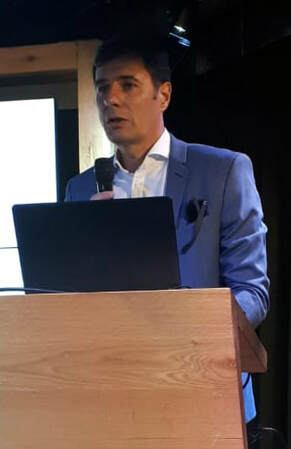 Mr. Sandor Szelekovszky, Mr. Sandor Szelekovszky, Leigh Allison Kroeger interviews Sàndor Szelekovszky of the Delegation of the European Union to the State of Israel Mr. Sandor Szelekovszky is currently the First Counsellor and Head of the Trade and Economic Section, of the EU delegation to Israel. The overall aim of the delegation is to enhance relations of the EU with Israel and specifically that of Mr. Szelekovszky’s section is to promote economic cooperation in areas such as trade, agriculture, energy, transport etc. He obtained his degree in International Relations at the University of Budapest, Hungary and is an official of the European Commission. He was posted as an EU diplomat to Israel more than three years ago. As an integral part of the anti-plastics strategy in Europe, he acknowledged that establishing the right regulatory framework and incentives as well as raising awareness were an important in reducing plastic litter and promoting sustainable consumption an production patterns. As for the efforts in Israel he feels that the focus should be on creating the necessary regulations. In addition, he recommended increasing incentive measures to encourage consumers shift their preferences, reduce plastic consumption, and lead a more sustainable life at home. Overall the fight against plastics is progressing, with the most promising EU legislation just released over December on an EU-wide ban on single-use plastics coming in to action in 2021. We thank Sandor for his continuing advocacy in this prescient conservation topic! |
News published regularly in the ISCB newsletter. Maintained by Leigh Kroeger and Uri Roll Archives
May 2019
Categories
All
|
Proudly powered by Weebly
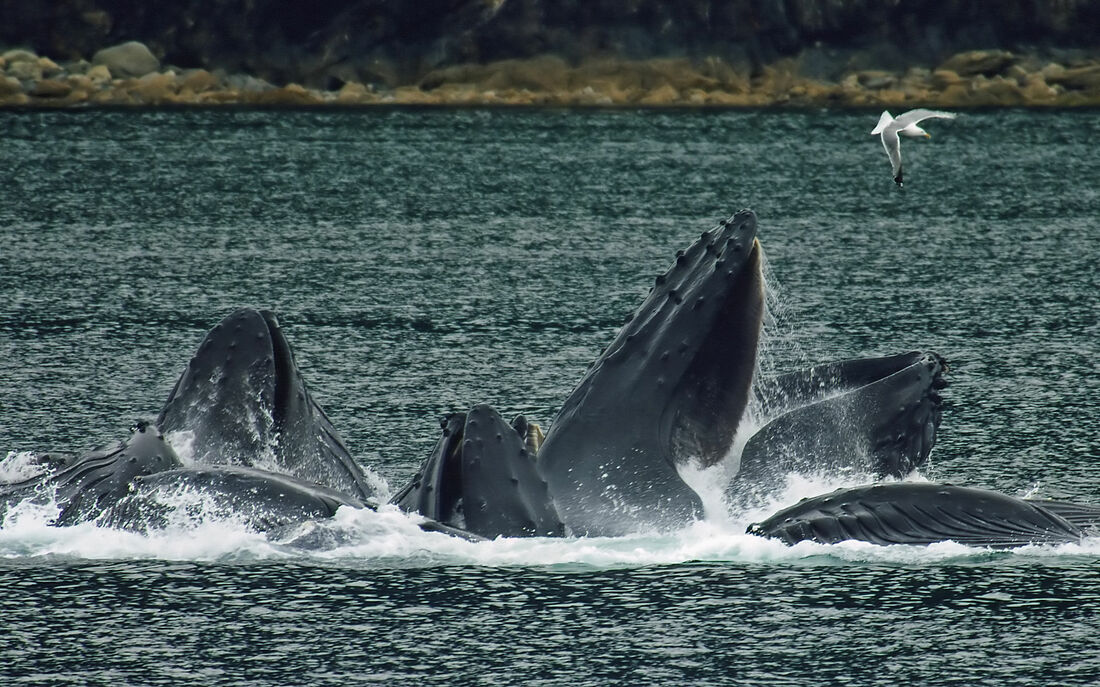
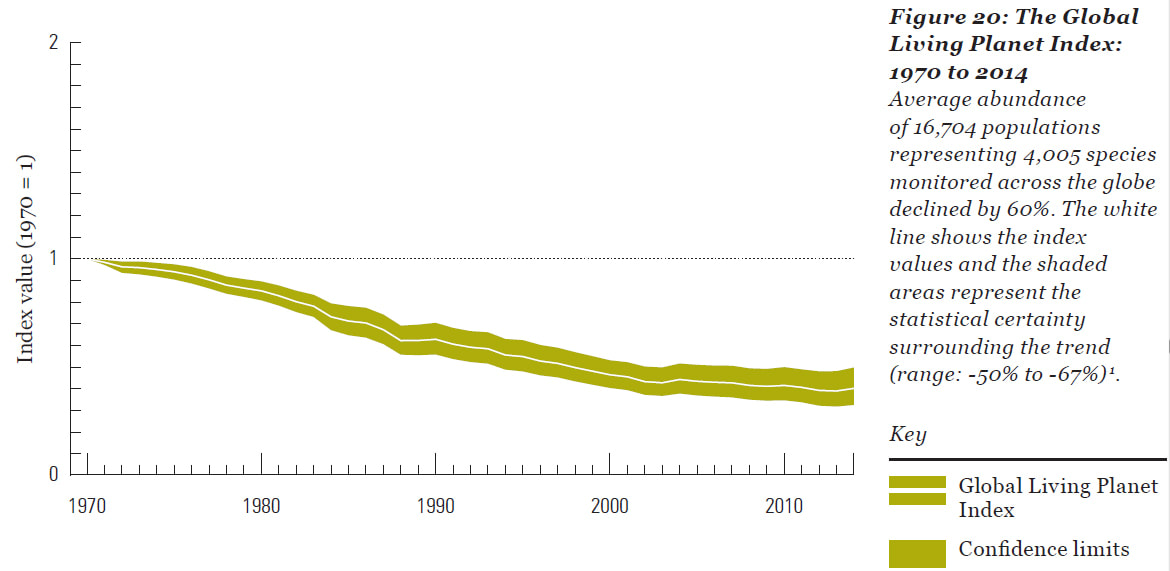
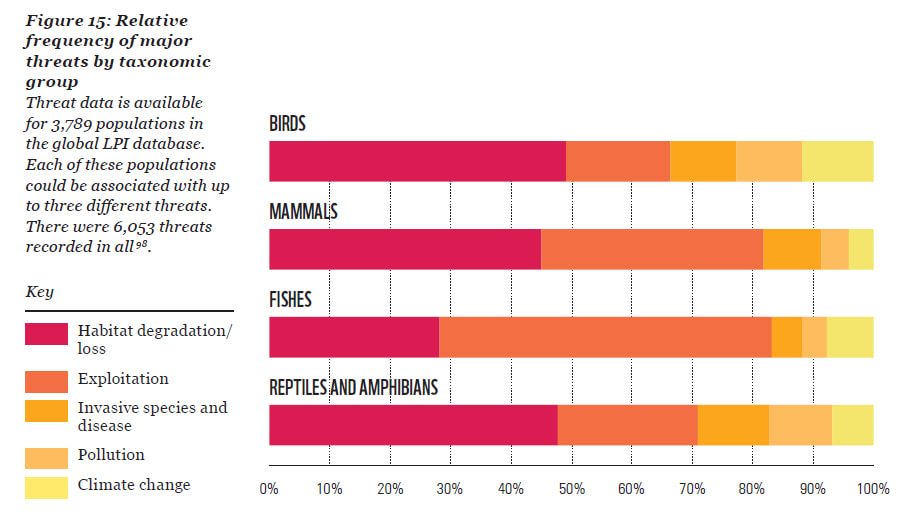
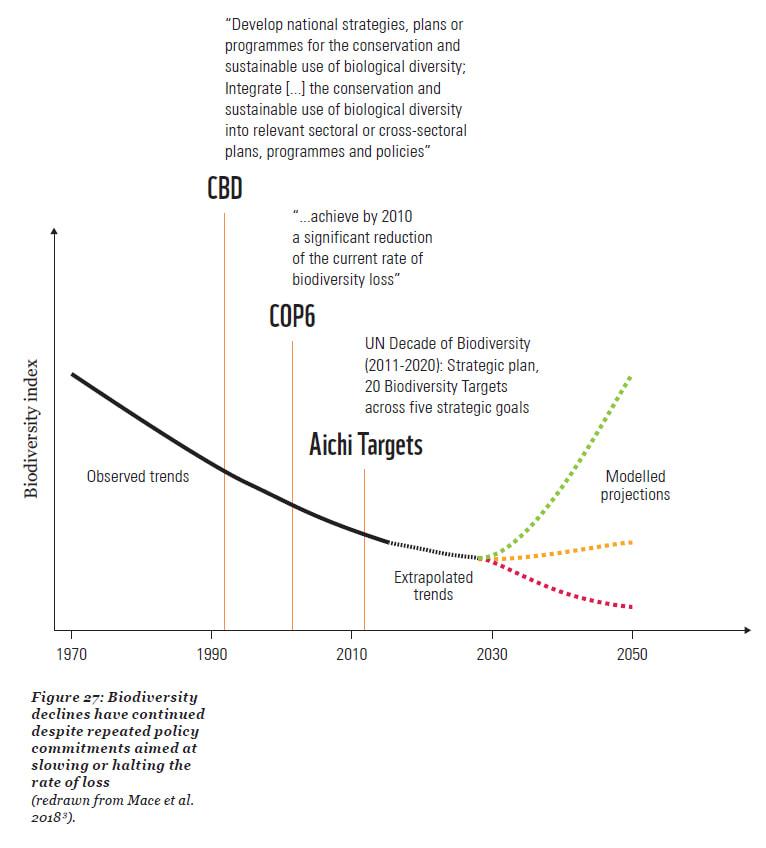
 RSS Feed
RSS Feed